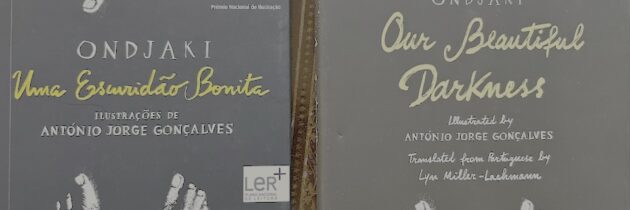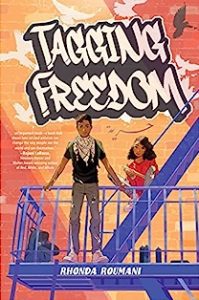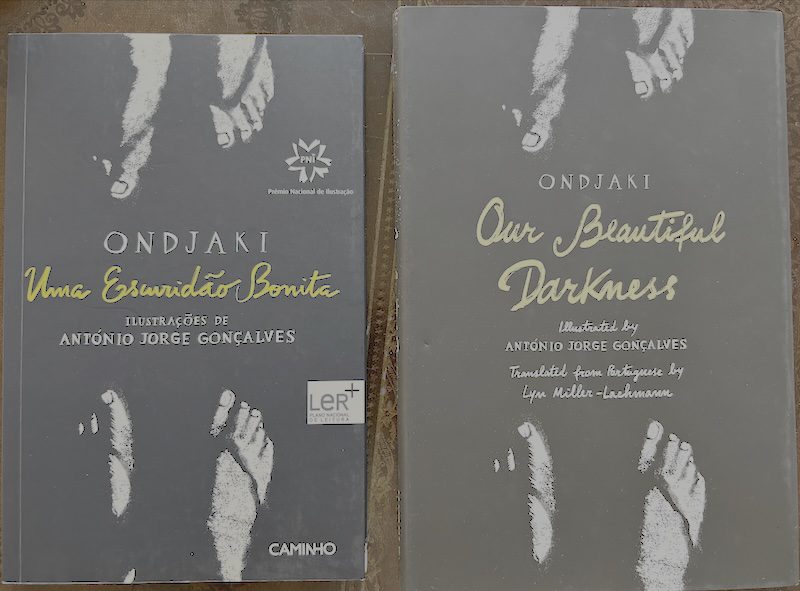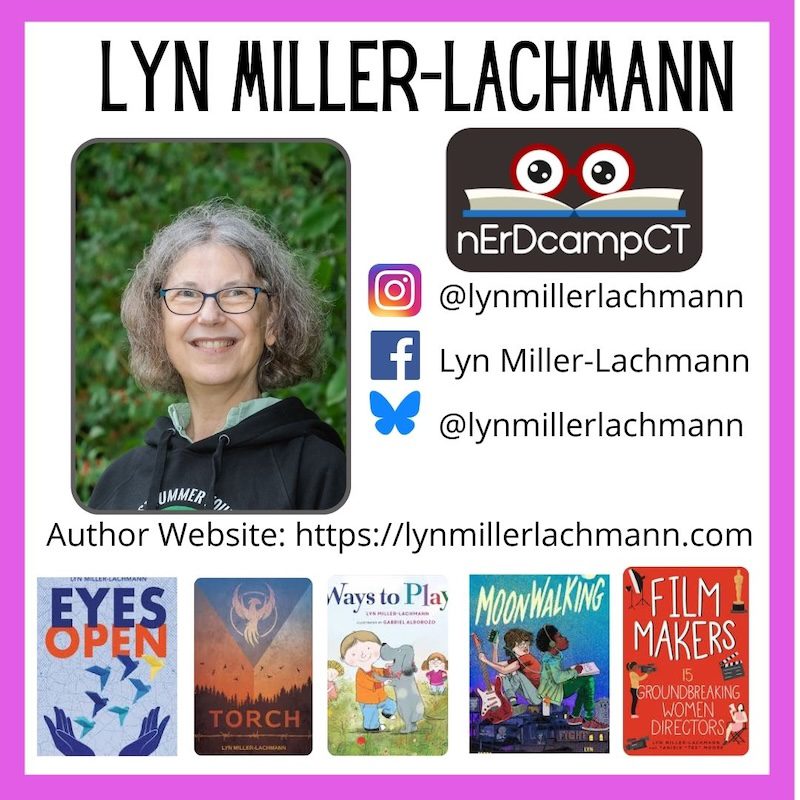Global and International Literature for Kids at nErDcampCT
This past weekend was my first appearance at nErdcampCT, sponsored by the Connecticut Association of School Librarians and taking place at Winthrop Elementary School in New London. I’m a two-timer at nErDcampLI, as described here and here, and the in-person one in Connecticut has the same structure — writers and educators coming together to present impromptu sessions and talk one-on-one. This time, I teamed up with Connecticut author and friend Jeanne Zulick Ferruolo to talk about using global and international books in the classroom.
 Jeanne has written multiple books featuring refugees to the United States from the Middle East and Africa and is currently working on a historical novel set in what is now Slovakia. Slovakia used to be part of Czechoslovakia, which is when her work-in-progress takes place. (I conducted some of my research for Torch in Slovakia, which is the part of Czechoslovakia that my character Pavol came from, his family having been forcibly relocated to the other side of the country in the 1950s.) Jeanne is of Slovak heritage and recently was granted citizenship due to her Slovak heritage.
Jeanne has written multiple books featuring refugees to the United States from the Middle East and Africa and is currently working on a historical novel set in what is now Slovakia. Slovakia used to be part of Czechoslovakia, which is when her work-in-progress takes place. (I conducted some of my research for Torch in Slovakia, which is the part of Czechoslovakia that my character Pavol came from, his family having been forcibly relocated to the other side of the country in the 1950s.) Jeanne is of Slovak heritage and recently was granted citizenship due to her Slovak heritage.
In our session, attended by a wonderful group of engaged educators, we talked about the importance of global and international literature — books set outside the United States. These books provide a point of connection for immigrants, either directly because their readers come from those countries or indirectly because the books address experiences common to all immigrants. But they also provide a window to a larger world for readers who have lived in the United States for their entire lives. That larger perspective is even more important now.
Several weeks ago, I received a text from a friend who lives in the Washington, DC area, telling me that one of her neighbors left the country without saying goodbye. She found out that the family sold their house to a builder and moved to Bordeaux, France, a center for biotechnology in Europe, because a parent had been terminated from the National Institutes of Health in the big purge. This means that children were also forced to abruptly leave their home, their friends, their school, and their activities. They will now live in a place where they’ll need to learn a new language. Born in the U.S., they are now immigrants to another country. I doubt this is the only family emigrating from the U.S. to a place with more opportunities and freedom.
 Years ago, I wrote a piece advising parents to encourage their children to learn other languages and to take their classes in Spanish, French, or other languages more seriously than my own children did. Even if the whole family doesn’t leave, our teenagers may come to see that they’ll have more opportunities and freedom elsewhere. That is especially true for girls and women, who need not be trapped with the dwindling rights and increased vulnerability that a Project 2025-governed nation proposes.
Years ago, I wrote a piece advising parents to encourage their children to learn other languages and to take their classes in Spanish, French, or other languages more seriously than my own children did. Even if the whole family doesn’t leave, our teenagers may come to see that they’ll have more opportunities and freedom elsewhere. That is especially true for girls and women, who need not be trapped with the dwindling rights and increased vulnerability that a Project 2025-governed nation proposes.
Jeanne’s middle grade novels — Ruby in the Sky, A Galaxy of Stars, and Each of Us a Universe — provide an entry point by making the main character a child from the U.S. who experiences a challenge and goes on an adventure with a newcomer. Other novels that connect U.S. readers with the wider world are ones in which the main character goes on a journey to another land.
Global literature includes books like Torch and Jeanne’s work-in-progress — books that are entirely set in other countries with main characters from that country. They present the diverse perspectives of people who live in that place and time. Two other presenters at nErDcampCT, Bessie Flores Zaldívar and Rhonda Roumani, also have novels in that category. Bessie’s YA novel Libertad features a 17-year-old queer girl living in Honduras in 2017 who joins her older brother in a protest movement against a corrupt would-be dictator while considering the fact that she may have to leave her home to live her truth. Rhonda’s dual narrative novel for upper middle grade readers, Tagging Freedom, includes a Syrian boy whose graffiti is his way of expressing his support for the revolution against the brutal dictator Bashir al-Assad, but whose parents send him to relatives in Massachusetts to keep him safe.
While global literature can be written by people from any place (and often with roots in the country about which they’re writing like Jeanne, Bessie, and Rhonda), international literature is often defined as having originated in the country itself, in the language of that country, and translated into English. I brought Our Beautiful Darkness as an example, as its author, Ondjaki, grew up in Angola where the book is set and wrote the story in Portuguese. When I showed them the novel, the people at the session asked a lot of great questions about translated literature for kids and teens and bilingual books. One topic of discussion was how a translation could maintain the tone of the original without being a literal translation, and the extent to which elements of the story and illustrations change in order to connect with a new audience. The librarian who uses various types of bilingual Spanish-English books with her community talked about the problems of translations that were too literal. Maybe they can help language learners with the word-by-word translations, but they tend to shortchange Spanish readers especially because of the awkward, non-idiomatic language that has little appeal.
For those who are interested in the challenges of translating international literature and the ways in which books for kids are changed to appeal to a U.S. readership, check out my story of the “Americanizer.”
I thank the organizers and attendees of nErDcampCT for an inspiring day, Jeanne Zulick Ferruolo for leading the session with me, and librarian Kate Mundy for the ride home. I look forward to next year!









